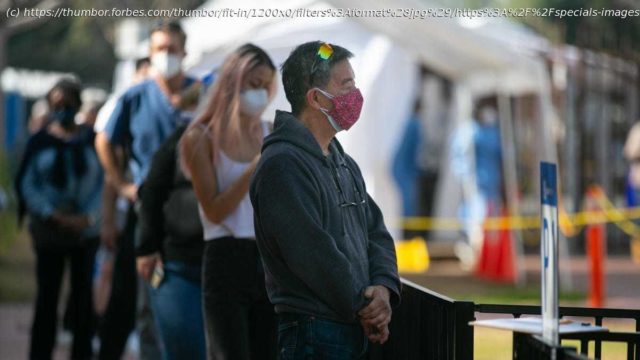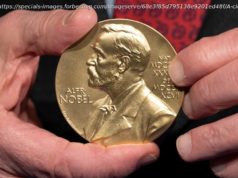Dr. Joshua Liao discusses how we should use FDA approval to approach people with empathy and humility, not as a bludgeon in vaccine communication.
Dr. Joshua Liao discusses how we should use FDA approval to approach people with empathy and humility, not as a bludgeon in vaccine communication. The FDA formally approved the first Covid-19 vaccine this week. This was welcome news in healthcare and public health communities, where many hope that the regulatory milestone will encourage more Americans to get vaccinated. I share that hope. However, FDA approval may not automatically translate into more vaccines in arms in the coming days and weeks. That will depend at least partially on whether leaders and citizens do three things. Vaccine science and epidemiology are complex, and even more so amid a rapidly evolving global pandemic. Processing the immense amount of available Covid-related information is a lot to ask – even of medical and public health professionals, much less the public. Besides knowledge, there are also other potential reasons why people remain unvaccinated. All of this means that while a powerful affirmation, FDA approval shouldn’t be used as a bludgeon in vaccine communication. Simple declaratives can help streamline public health messaging. But given the collective fatigue and frustration about the pandemic, messages can easily veer into contempt for the unvaccinated. Of course, leaders must confront and reject misinformation.
Домой
United States
USA — Science Will FDA Approval Increase Covid-19 Vaccination? That Depends On These 3 Things






